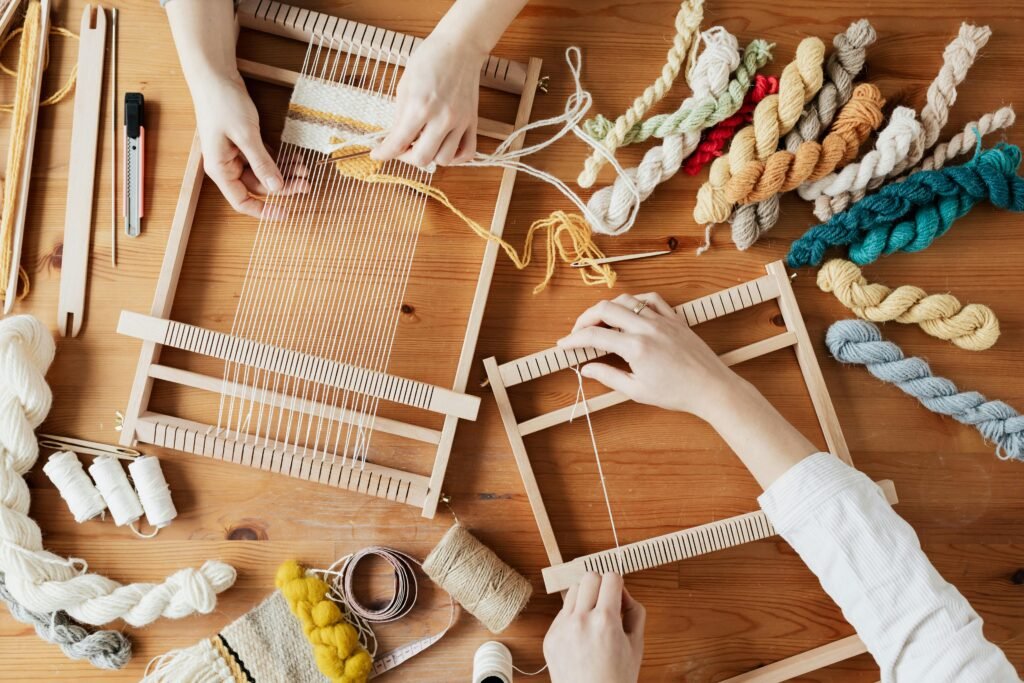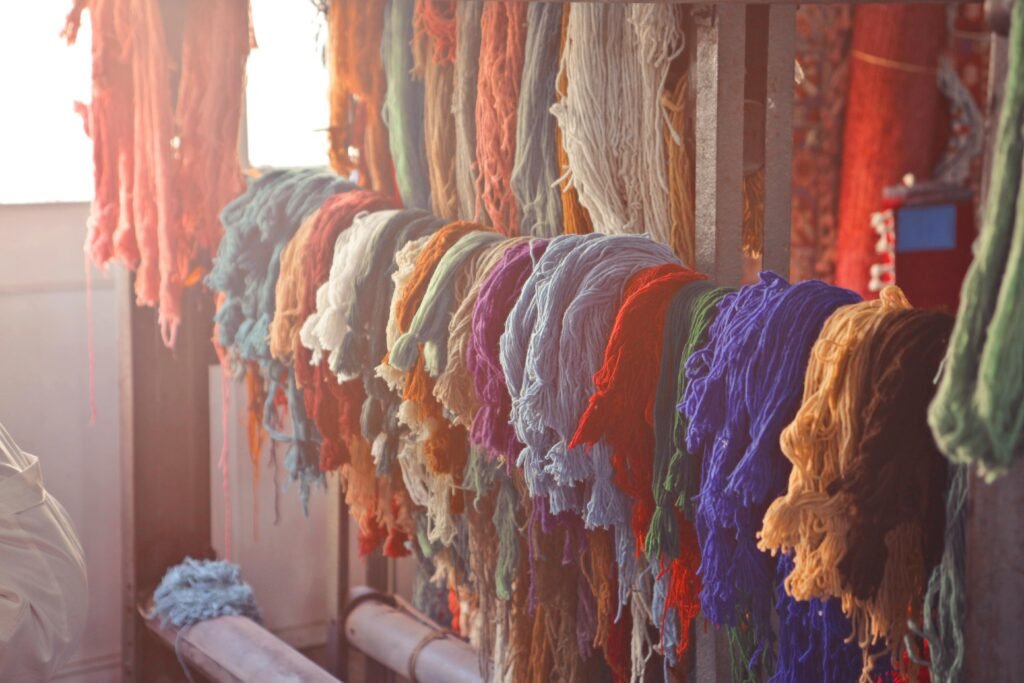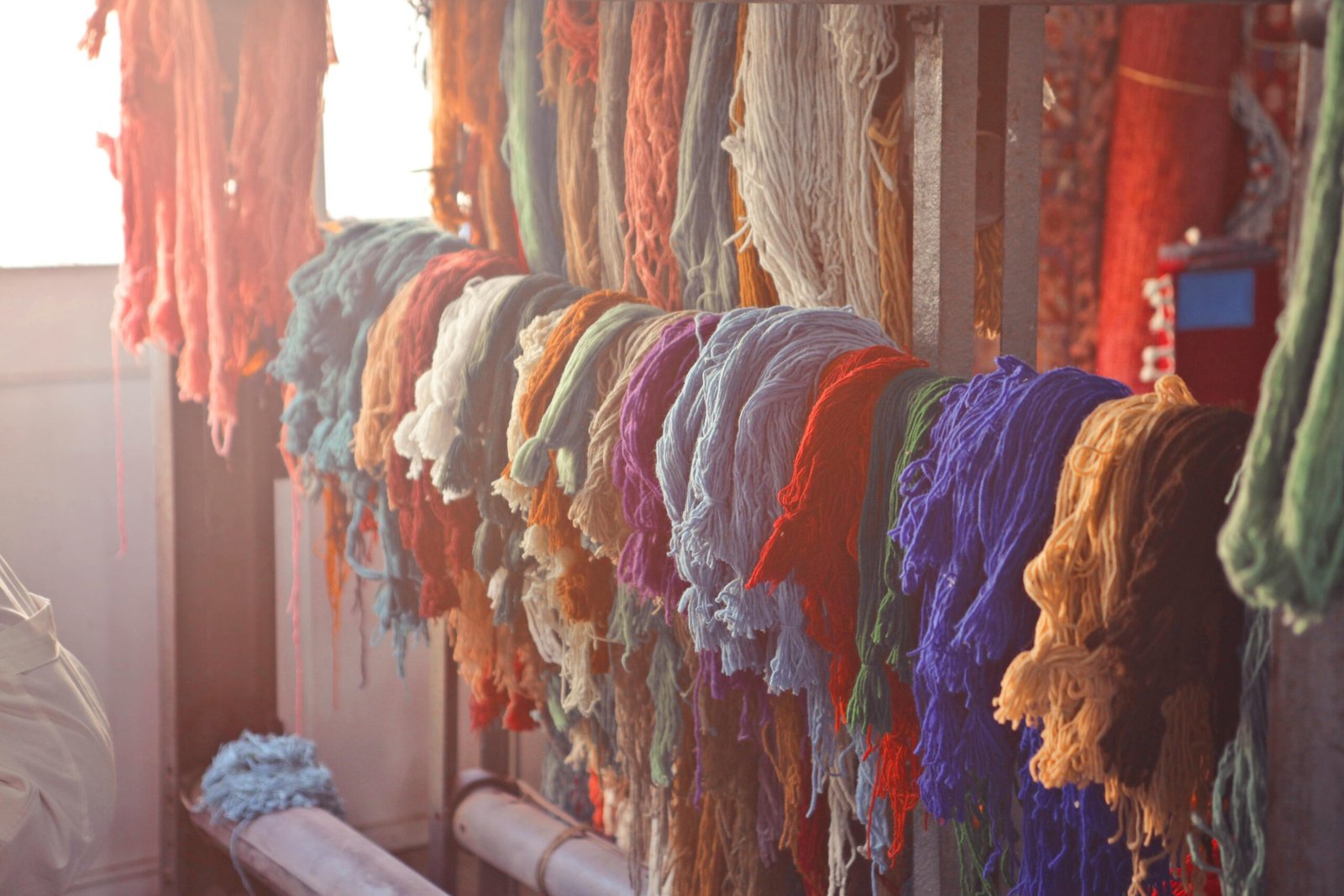Welcome to an eye-opening article that sheds light on the issue of exploitation in the hair weave industry. In this piece, you will learn about the injustices faced by workers in this industry and the steps being taken towards creating a more fair and ethical working environment. With a closer look at the challenges and potential solutions, you will gain a deeper understanding of the importance of addressing exploitation in the hair weave industry for the well-being of all involved. Let’s dive in and explore how we can work together towards achieving fairness for everyone in this industry. Have you ever wondered about the origins of the hair weave industry and the people behind the scenes who make it all happen? Let’s dive into a deep discussion about the often overlooked issues of exploitation in the hair weave industry, and explore ways in which we can work towards fairness and ethical practices.

This image is property of images.pexels.com.
The History of the Hair Weave Industry
The hair weave industry has a long and complex history, rooted in cultural traditions and beauty practices from around the world. From ancient civilizations to modern-day trends, the art of hair weaving has evolved and adapted to changing times.
Cultural Significance of Hair Weaving
Hair weaving has cultural significance in many societies, with techniques and styles varying depending on geographical location and traditions. In some African cultures, hair weaving is seen as a symbol of status, beauty, and identity. Similarly, in Asian cultures, intricate hair weaving styles have been passed down through generations as a form of art and self-expression.
Industrial Revolution and Commercialization
With the rise of the industrial revolution, the hair weave industry saw a shift towards mass production and commercialization. What was once a traditional craft became a booming industry, fueled by consumer demand for beauty products and services. This transition brought about new challenges and opportunities for those involved in the hair weave business.

This image is property of images.pexels.com.
Exploitation in the Hair Weave Industry
Despite the glamour and allure of the hair weave industry, there are deep-rooted issues of exploitation that often go unnoticed or ignored. From unfair labor practices to environmental concerns, the industry faces a range of challenges that need to be addressed for the well-being of all involved.
Unethical Sourcing of Hair
One of the most pressing issues in the hair weave industry is the unethical sourcing of hair from vulnerable communities. In some cases, individuals are coerced or tricked into selling their hair for a fraction of its true value. This exploitation not only harms the individuals involved but also perpetuates a cycle of poverty and inequality.
Sweatshop Labor Practices
Another common issue in the hair weave industry is the use of sweatshop labor practices in the production of hair extensions and wigs. Workers, often women and children, are subjected to long hours, low wages, and unsafe working conditions. This exploitation is not only unethical but also illegal in many countries.
Environmental Impact
The environmental impact of the hair weave industry is another concern that cannot be ignored. From chemical processing to disposal of waste materials, the industry contributes to pollution and environmental degradation. Finding sustainable and eco-friendly solutions is crucial for the long-term sustainability of the industry.

This image is property of images.pexels.com.
Towards Fairness: Ethical Practices in the Hair Weave Industry
In order to address the issues of exploitation in the hair weave industry, it is essential for all stakeholders to come together and commit to ethical practices and fair trade principles. By promoting transparency, accountability, and respect for workers’ rights, we can work towards a more just and sustainable industry.
Ethical Sourcing and Traceability
One way to promote fairness in the hair weave industry is through ethical sourcing and traceability of hair products. By ensuring that hair is obtained through legal and ethical means, we can support communities and individuals who are most vulnerable to exploitation. Transparency in the supply chain is key to building trust and accountability.
Fair Wages and Working Conditions
Ensuring fair wages and safe working conditions for all workers in the hair weave industry is another critical step towards addressing exploitation. By upholding labor rights and standards, we can create a more inclusive and equitable workplace for all employees. Empowering workers with education and training opportunities can also help improve their quality of life and well-being.
Certification and Standards
Establishing certification programs and industry standards for ethical practices in the hair weave industry can help build trust with consumers and promote a culture of accountability. By complying with international guidelines and regulations, businesses can demonstrate their commitment to fair trade and sustainable development. Certification labels can also help consumers make informed choices and support ethical brands.

This image is property of images.unsplash.com.
Supporting Ethical Brands and Initiatives
As consumers, we have the power to drive positive change in the hair weave industry by supporting ethical brands and initiatives that prioritize fairness and sustainability. By choosing to purchase products from companies that adhere to ethical practices and values, we can make a meaningful impact on the industry as a whole.
Research and Educate Yourself
Before making a purchase, take the time to research and educate yourself about the brands and products available in the hair weave industry. Look for companies that are transparent about their sourcing practices, labor standards, and environmental impact. By being an informed consumer, you can make a difference in promoting ethical practices.
Advocate for Change
Use your voice and platform to advocate for change in the hair weave industry. Join campaigns, sign petitions, and support organizations that are working towards fairness and ethical practices. By raising awareness about exploitation and demanding accountability from businesses, you can help create a more ethical and sustainable industry.
Shop Mindfully
Make conscious decisions when shopping for hair weave products, and choose brands that align with your values and beliefs. Look for certifications, such as Fair Trade or organic labels, that signify a commitment to ethical practices. By supporting ethical brands, you can contribute to a more responsible and sustainable industry.

This image is property of images.unsplash.com.
Conclusion
The hair weave industry is a complex and diverse sector that plays a significant role in our society and culture. By addressing the issues of exploitation and promoting fairness and ethical practices, we can create a more sustainable and inclusive industry that benefits everyone involved. As consumers and advocates, we have the power to drive positive change and shape the future of the hair weave industry. Together, we can work towards a more just and ethical industry that upholds the rights and dignity of all individuals.
